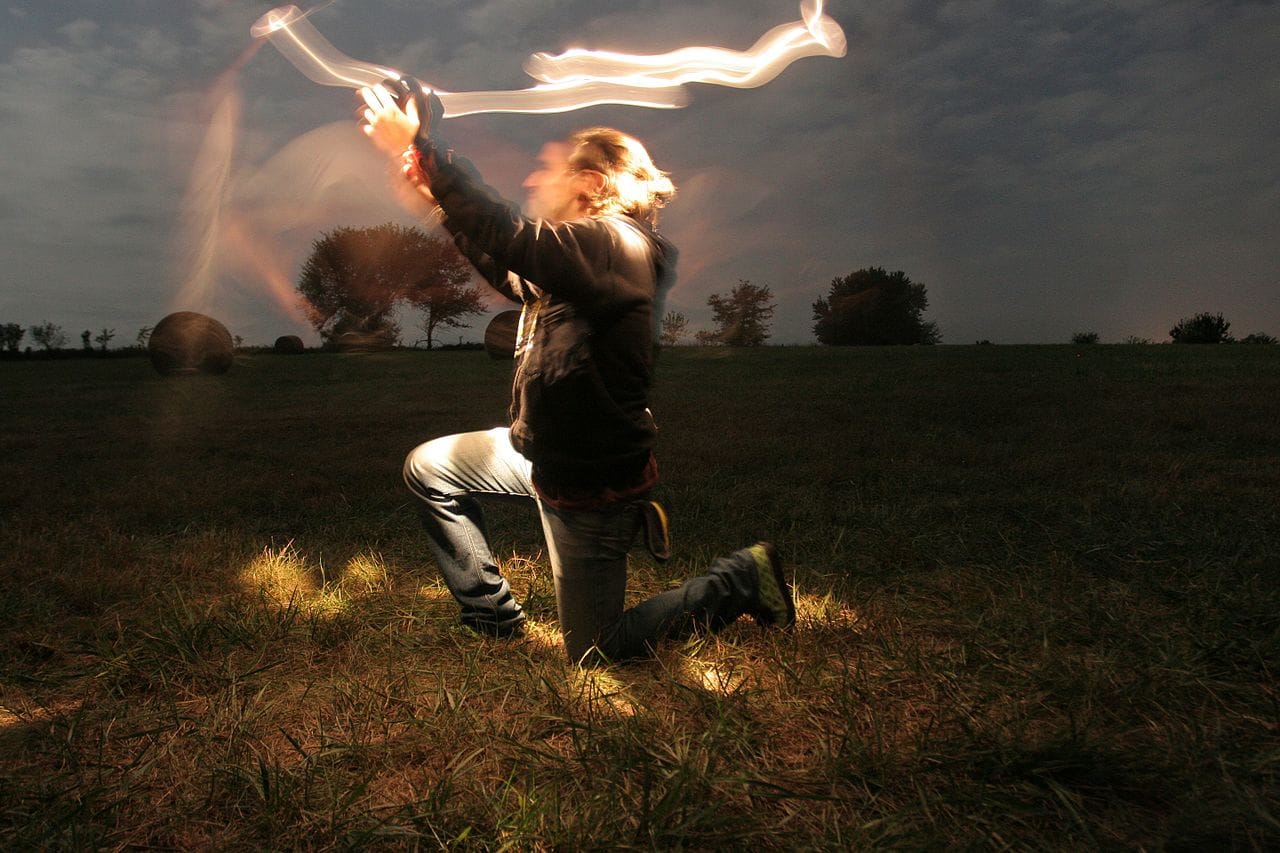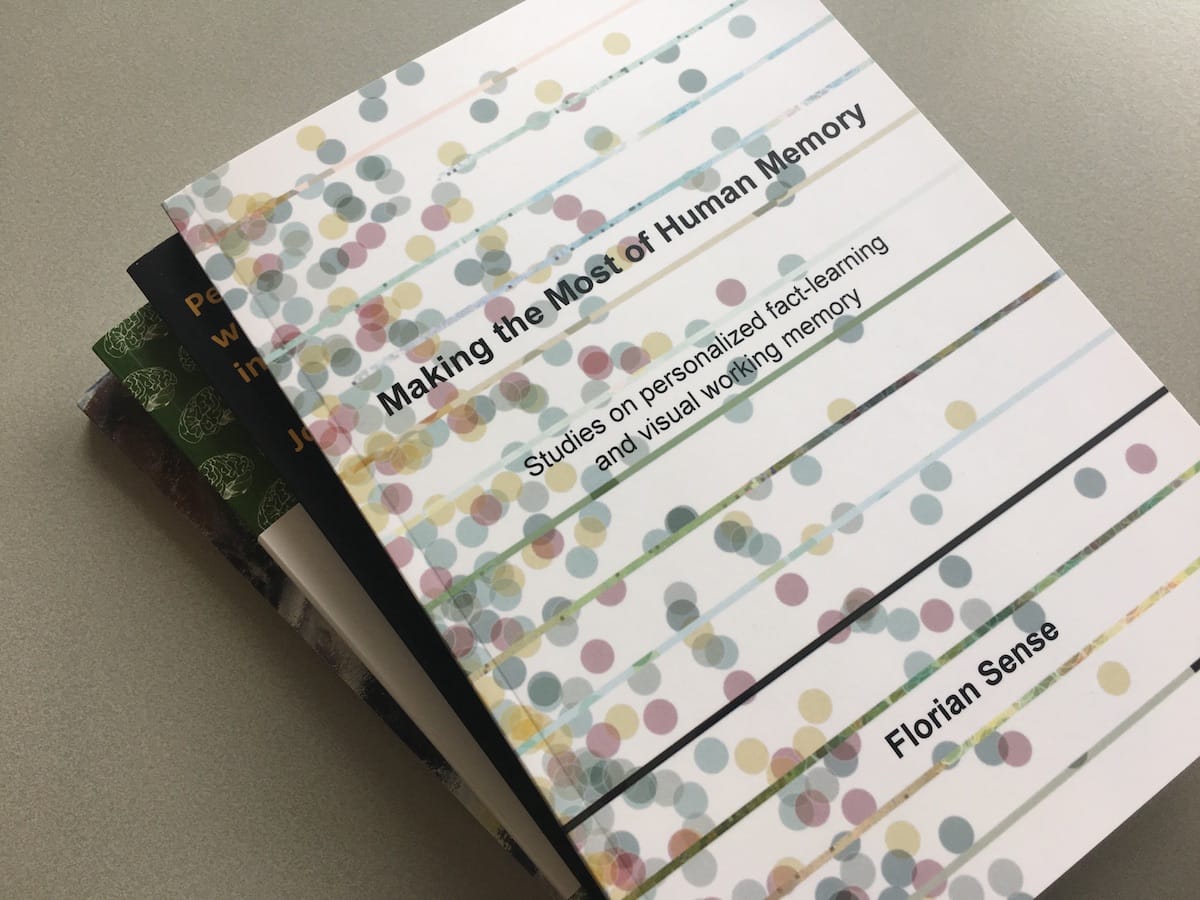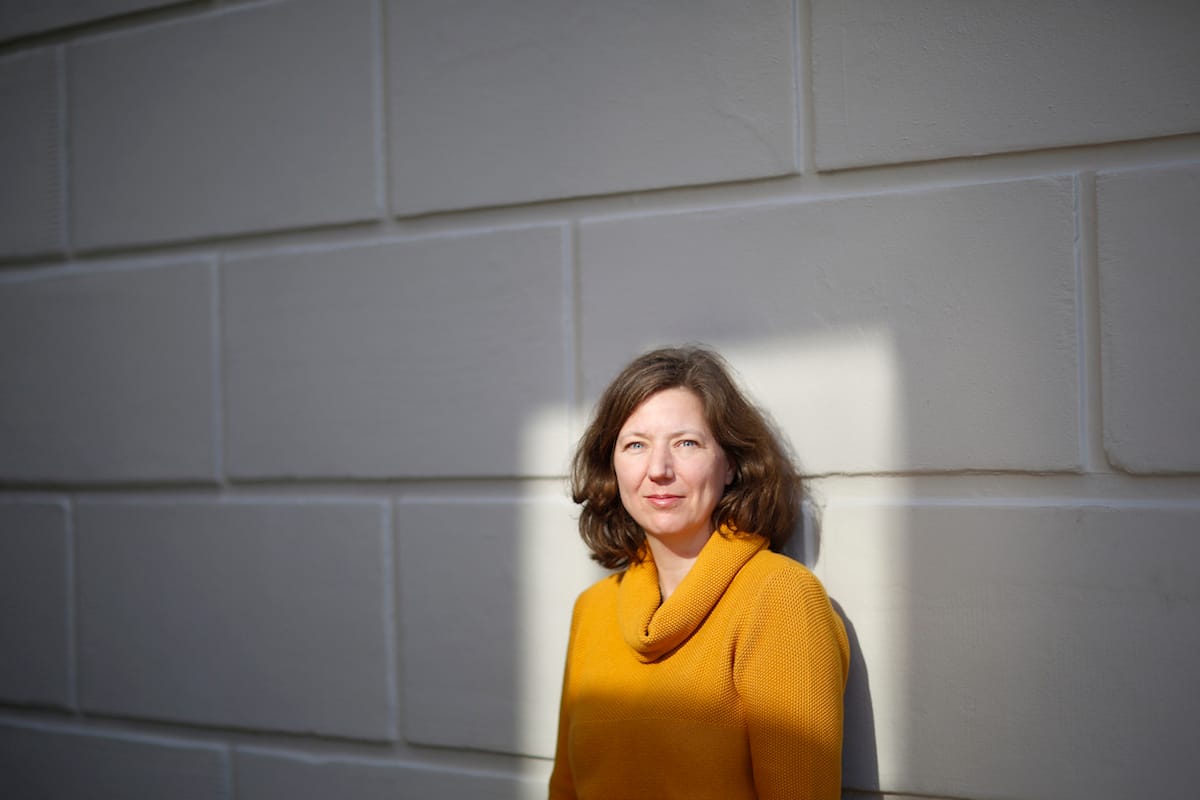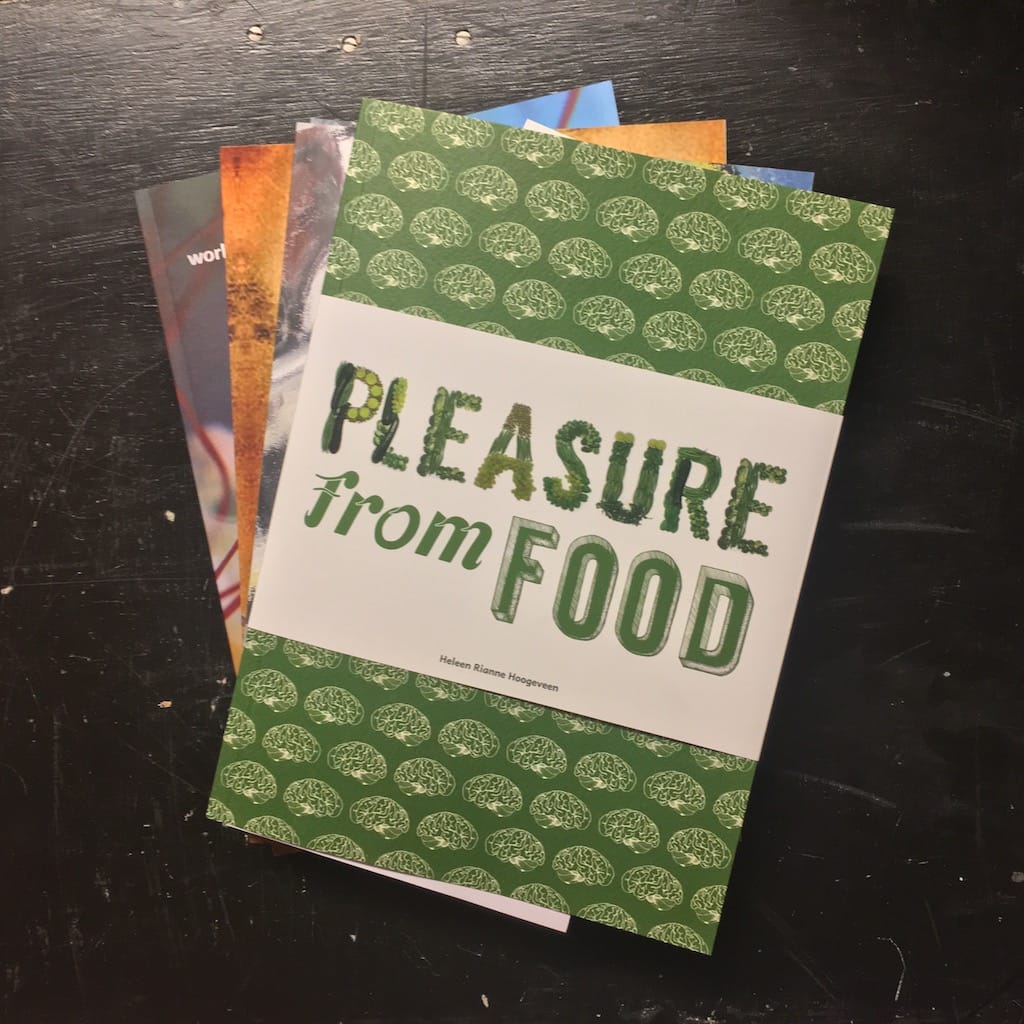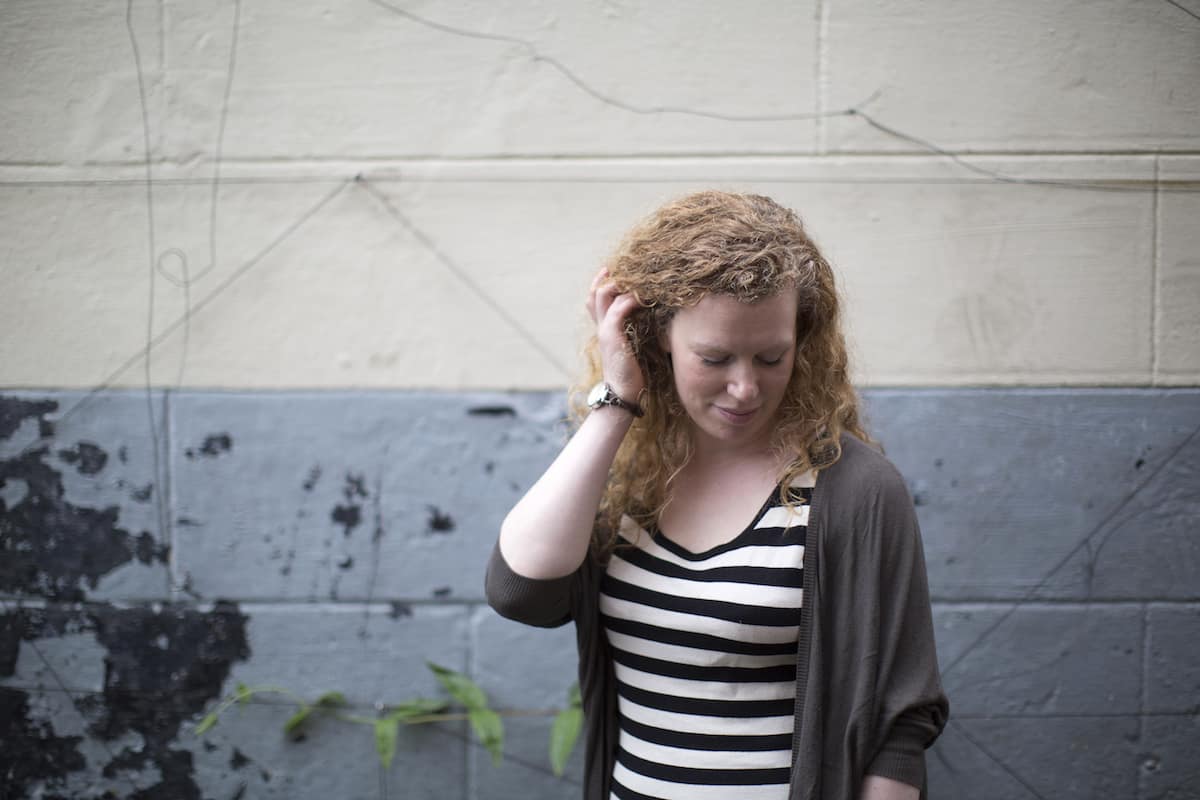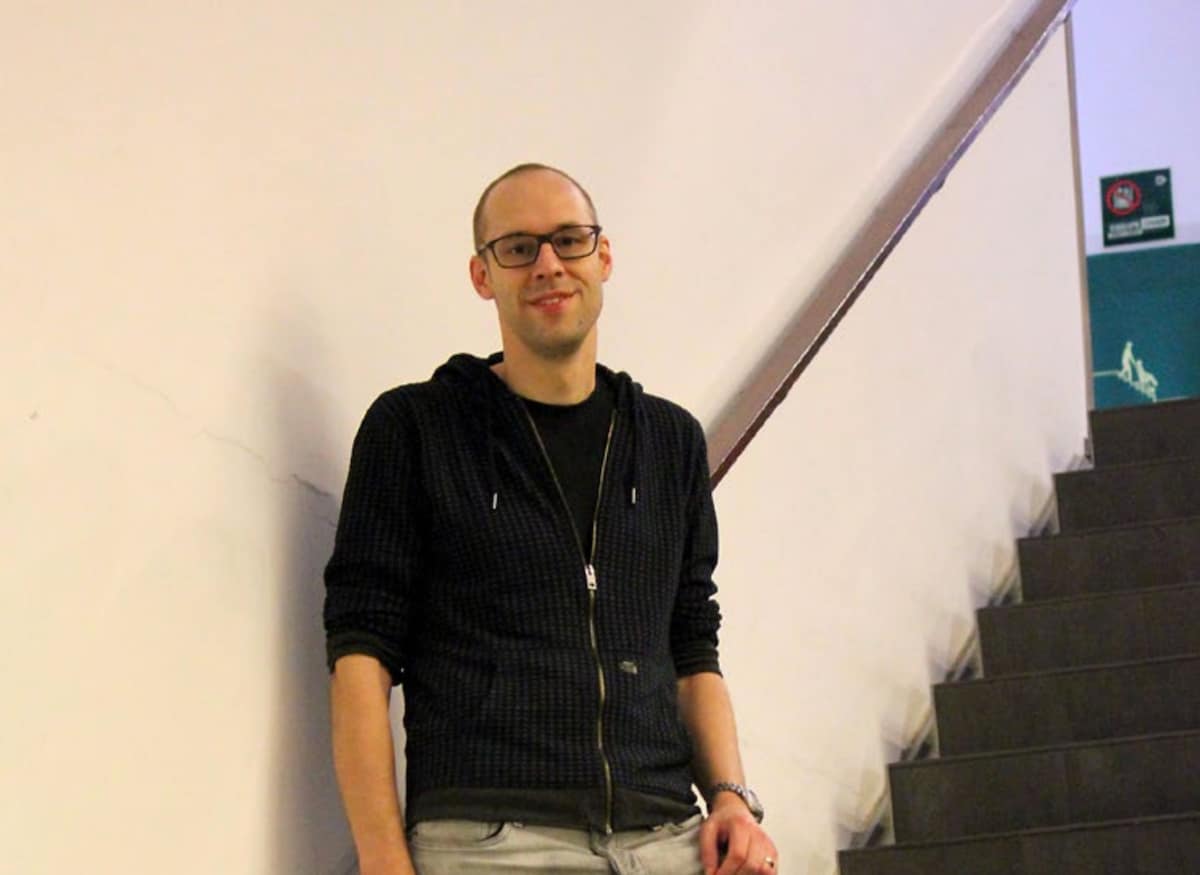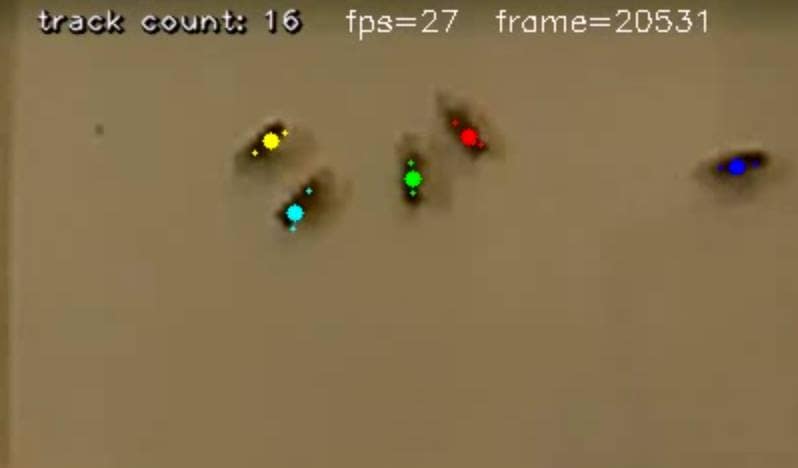Our visual system is mesmerising. It is our predominant means of corresponding with the outside world, allowing us to navigate safely through traffic, spotting the mosquito bugging us at night, or reading blogs like this on our phone, tablet or computer. To make things visible, the very first process going on inside our bodies is […]
Being a student is a mindset. A mindset characterized by curiosity and a willingness to ask questions and learn. We should all be students, always. It will make it easier to dare branching out and it will make us more approachable as collaborators.
Every quarter, we share articles published in the BCN Newsletter and we are happy today to share an interview with Dr. Simone Sprenger, Assistant Professor at the Faculty of Arts, who studies language perception and bilingualism. The interview was conducted and written by Améie la Roi, PhD candidate in linguistics.
The desire to understand the neuronal mechanisms underlying changes in food pleasantness is becoming increasingly relevant in order to maintain adequate dietary intake in young and older adults. Our research shows that emotion and cognitive mechanisms, in addition to sensation, should be taken into account to understand food pleasantness with age.
I am writing this on my third day as assistant professor at the Experimental Psychology Group at the University of Groningen. And this article is my way to say: hi! I think the best way to introduce myself is to tell you why I think these are exciting times to be a cognitive scientist. […]
Every quarter, we share articles published in the BCN Newsletter and we are happy today to share an interview with Dr. Hanneke Loerts, lecturer at the Faculty of Arts, who uses eye-tracking, electrophysiological, and behaviour methods to study language acquisition. The interview was conducted and written by Annelot de Rechteren van Hemert.
Mind-reading has long been the domain of science fiction writers. To date, neuroscience research is mostly still focused on localizing cognitive functions in the brain, rather than at understanding the algorithms behind them. This is the main reason why we know roughly where problem solving takes place in the brain, but not how it is done.
How should we test whether speech is understood, so we have an accurate picture of the processes that support comprehension? The answer turns out to be rather simple: besides looking at how accurate the responses are, measure how fast they are given.
Every quarter, we share articles published in the BCN Newsletter and we are happy today to share an interview with Andrea Soto Padilla, PhD candidate at the Faculty of Medical Sciences, who works on an interdisciplinary project on the perception of time.
Every quarter, we share articles published in the BCN Newsletter and we are happy today to share an interview with Dr. Linda Geerligs, who won the BCN dissertation award. The interview was conducted and written by Manon van Asselt, a PhD candidate at UMCG.

